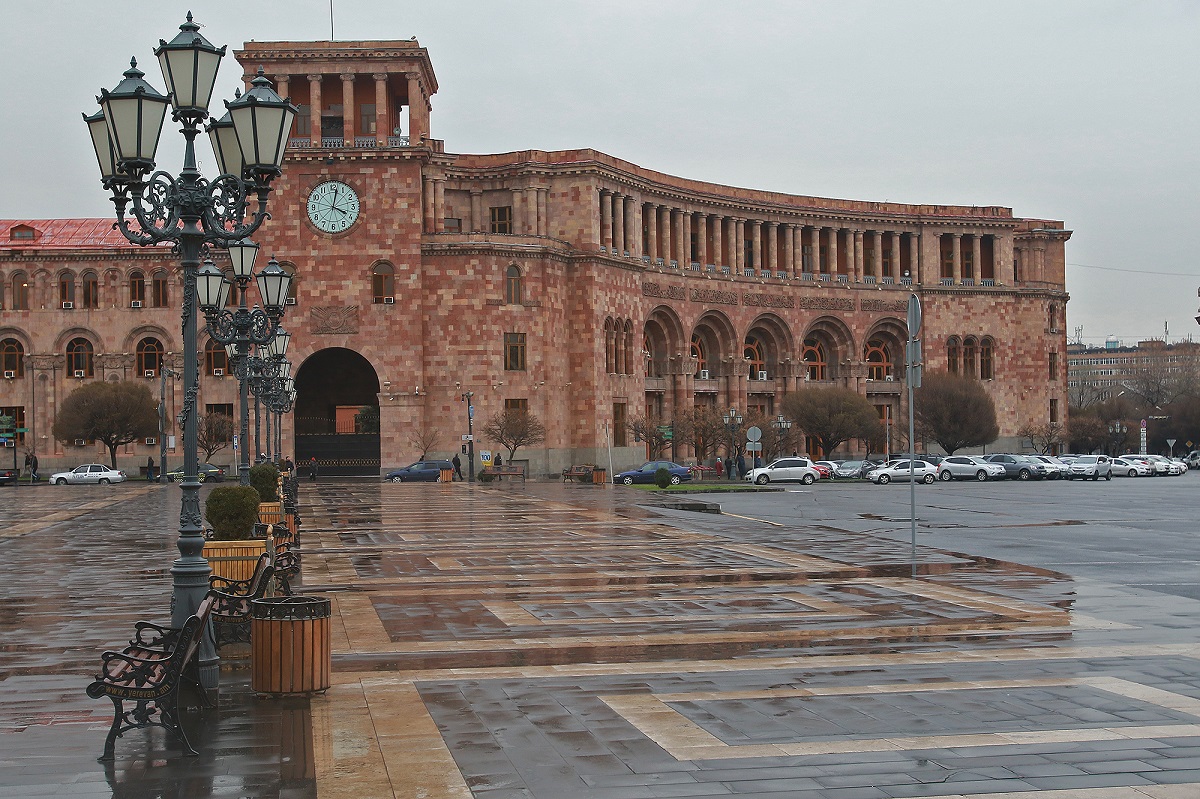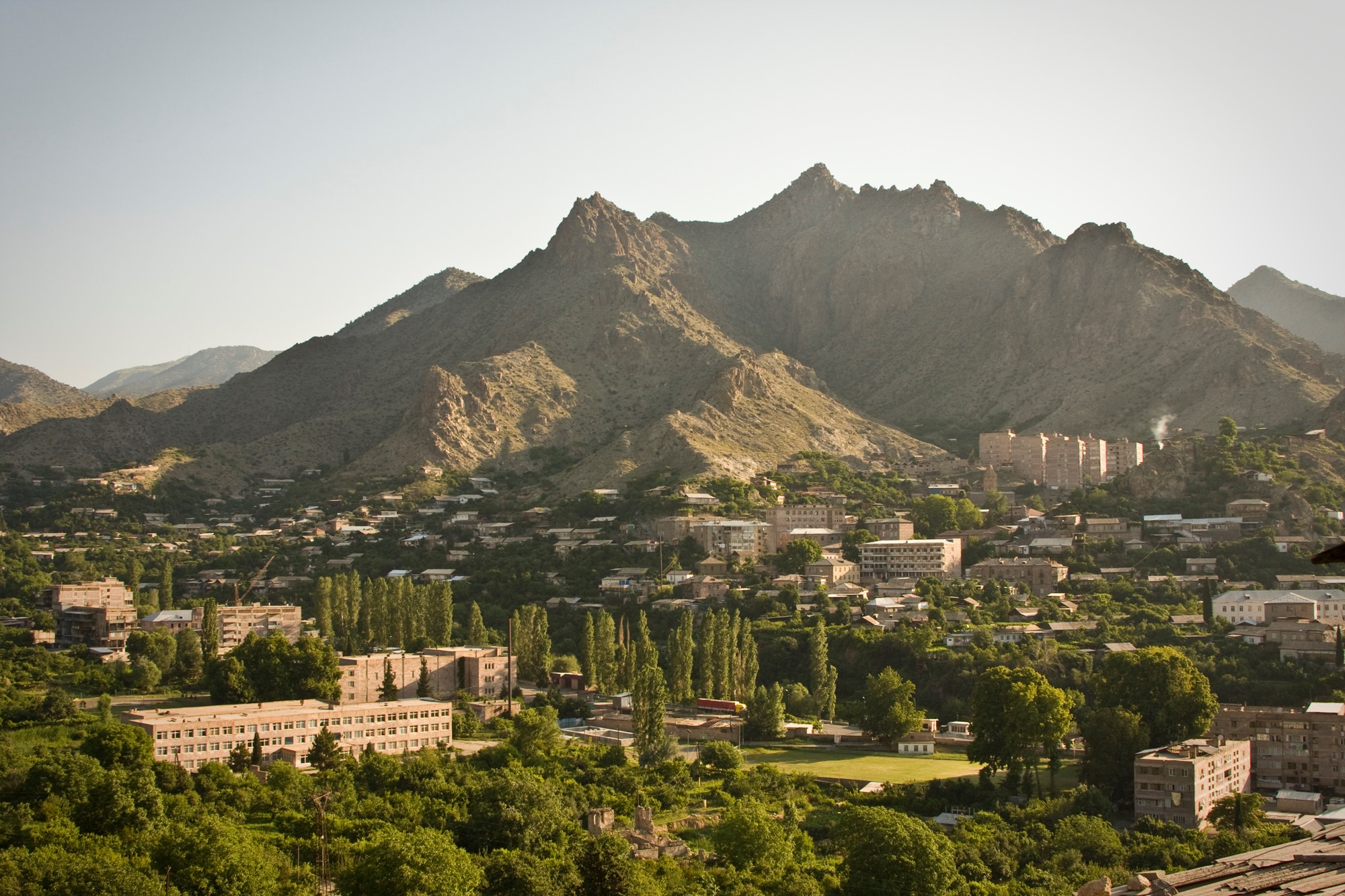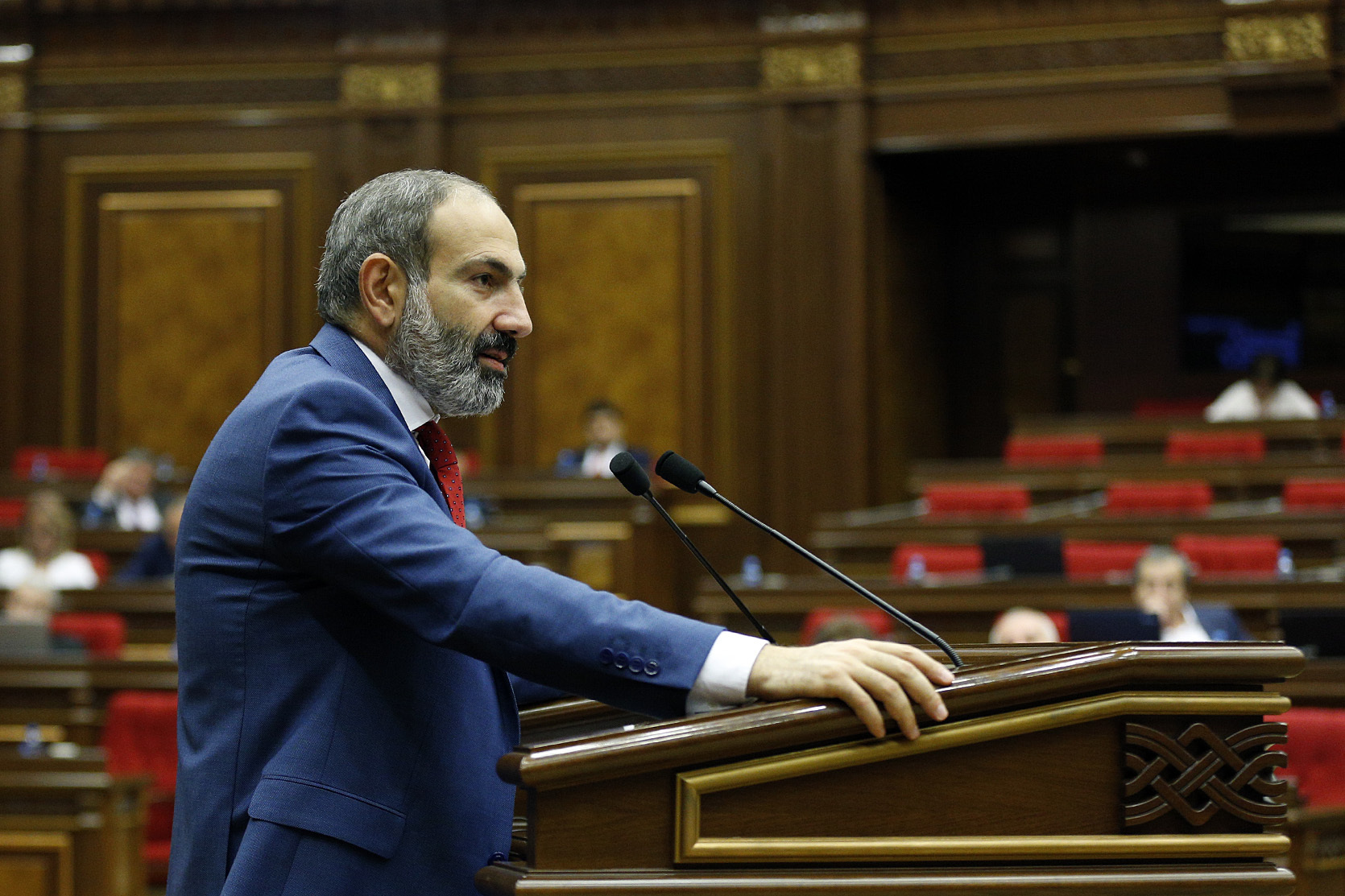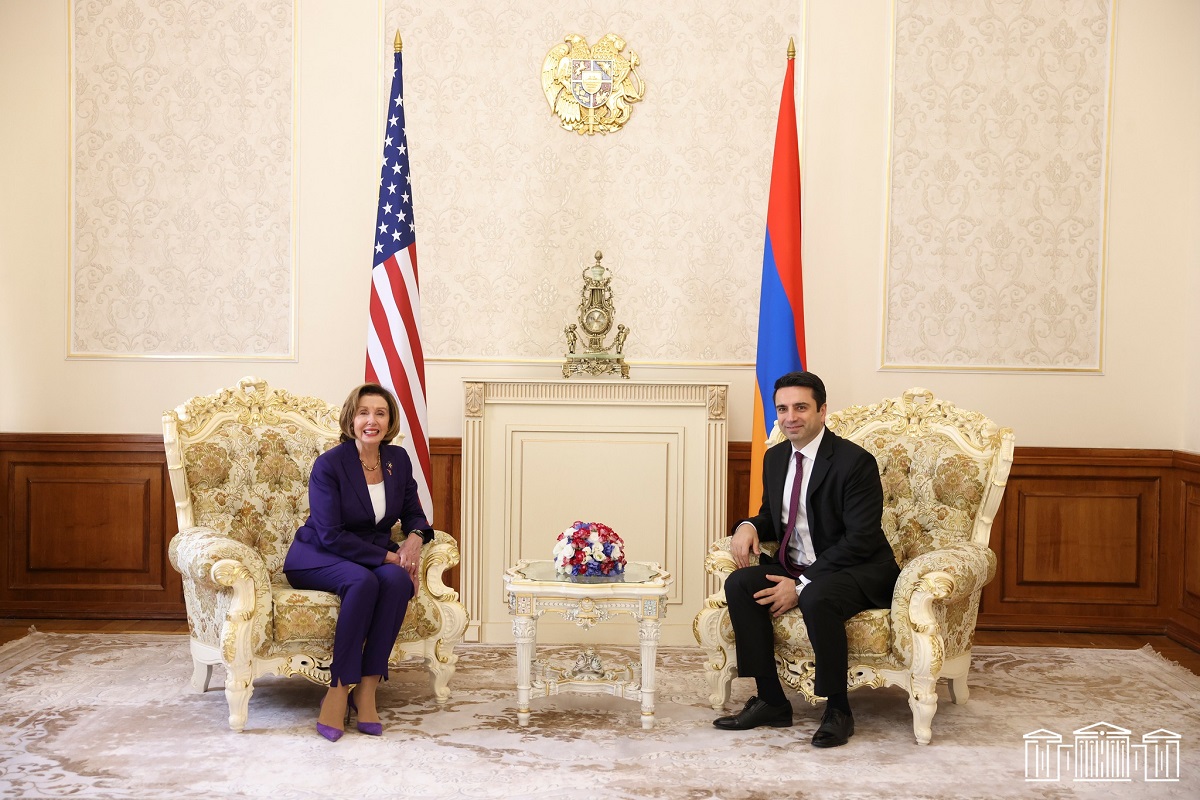France and the US discussing Armenian security: What are the expectations? Opinion
Armenian authorities in France and the United States
The Prime Minister and Secretary of the Security Council of Armenia are visiting Paris and Washington this week. While Nikol Pashinyan’s meeting with French President Macron was covered in all details, there is not much information about the visit of Secretary of the Security Council Armen Grigoryan to Washington.
Experts note that the agenda of both trips of the Armenian authorities in France and the United States is, of course, dictated by the need to ensure the security of Armenia.
All the details known at the moment of both visits, as well as an expert’s commentary.
“Pashinyan proposed a new approach to the future of the region” – Macron
The press service of the Armenian government promptly and in detail released information about the Prime Minister’s meeting in Paris.
The President of France began his public speech on the Prime Minister of Armenia’s visit with a condemnation of the events of September 13-14 on the Armenian-Azerbaijani border. Macron stressed that France fulfilled its obligations by convening two sessions of the UN Security Council.
“On September 14 I told President Aliyev: the fact that the border has not been demarcated cannot justify any advance into the territory of another country. In addition, since September 13 I have clearly stated that it is the position of France that use of force is not a solution for either Armenia or Azerbaijan, and dialogue must be resumed immediately,” he said.
According to the French President, there are many unresolved issues in the relations between Armenia and Azerbaijan, but they should be resolved exclusively through negotiations. Macron said that “it is necessary to resume negotiations in different formats, in particular with the mediation of the EU.”
The Armenian government office also reported that Macron welcomed “Pashinyan’s courage in proposing a new approach to the future of the region.” However, it is not clear what exactly the French president had in mind when he spoke of the “new approach”.
“Send an international observation mission to the region” – Pashinyan
The Prime Minister of Armenia said in Paris that on September 13 the Azerbaijani armed forces invaded the territory of Armenia for a second time. The first time, on May 12, 2021, Azerbaijan occupied 40 square kilometers Armenian territory, and in September 2022 another 10 square kilometers. Pashinyan once again stated the position of Armenia: the Azerbaijani armed forces must leave the territory of the country.
“Speculations that there is no exact border between Armenia and Azerbaijan, because the demarcation and delimitation of the border has not been carried out, have nothing to do with reality,” the prime minister said.
According to Pashinyan, “the administrative borders between Soviet Armenia and Soviet Azerbaijan became state borders in the first months of independence of the two countries,” when the countries signed and ratified an agreement on the creation of the CIS.
Pashinyan considers the actions of Azerbaijan “conscious aggression.”
“As a result of the Azerbaijani occupation, the situation in our region remains tense. I think that if an international observation mission is sent to the areas affected by the Azerbaijani occupation and the border zone, this will help the international community receive direct information about the situation,” the Prime Minister of Armenia maintained.
How French President Emmanuel Macron reacted to this proposal is not reported.
“Baku threatens democracy in Armenia”
Armenian Security Council Secretary Armen Grigoryan has been in Washington since September 26. According to an official statement, he will hold a number of working meetings during the visit.
So far only one of them is known. Armen Grigoryan met with “current and former US officials, ambassadors, members of the Carnegie Endowment and other think tanks.” He provided information about “the aggression undertaken by Azerbaijan against the sovereign territory of Armenia and its consequences.” He stated that “Azerbaijan threatens the democracy of Armenia.”
Hikmet Hajiyev, an assistant to the President of Azerbaijan, is also currently in the capital of the United States. He discussed the “current process” of Armenian-Azerbaijani relations with US Deputy Secretary of State Karen Donfried, including issues related to demarcation and delimitation, and unblocking roads. Information about Hajiyev’s visit was published by the US Embassy in Azerbaijan.
Neither Yerevan nor Baku have said whether a meeting between Hajiyev and Grigoryan is possible.
Comment
According to political observer Hakob Badalyan, France’s task, especially after the 44-day war in 2020, is not to stay away from the current processes. He believes that at the moment Paris does not have big ambitions.
“Therefore France will work to be close to the activity of the United States, thereby resolving the issue of its presence in these processes,” the JAMnews expert said.
He considers Paris’ strong statements very important, but draws attention to the fact that the call to sit down at the negotiating table is addressed equally to both sides:
“By condemning Baku’s use of force, it is not held responsible for disrupting the negotiation process. We should pay attention to this issue and discuss it in our social and political circles.”
According to Badalyan, it is necessary to understand what is expected of Armenia. The answer to this key question determines how stable and effective the current political processes will be in the long term, and how much the risk of military clashes will be contained in the short or medium term.
“Everyone can offer meaningful solutions, but the question is how much you are able to promote this solution, politically control it. The United States has a much broader toolkit of influence than Brussels and Paris. So what the United States achieves is essential,” Badalyan thinks.
He is confident that the effectiveness of Washington’s work depends on a number of circumstances, including the reactions of Russia, Turkey and Iran. He considers it possible that Moscow will decide not to interfere with the United States:
“Given problems in Ukraine, Russia may decide to cede the situation to the United States to a certain extent, with the expectation that after resolving some issues in Ukraine, it will be able to restore the tactical retreat in the Caucasus by other means.”
Badalyan says that the goal of the US is to bring the positions of Armenia and Azerbaijan closer to a political process.
He mentioned that State Department spokesman Ned Price also talked about this goal the other day.
Badalyan finds it difficult to say whether a new format for a resolution of Armenian-Azerbaijani relations will be formed or the Brussels approach will continue to function. It is possible that Washington will develop a comprehensive package, agree with the parties and promote it in the Brussels format.
Regarding Pashinyan’s proposal to send an international observation mission to the Armenian-Azerbaijani border, Badalyan that this message is addressed to Russia:
“If the Russian mechanisms do not work, Armenia is free to court international mechanisms.”
On the other hand, a number of other issues arise, including the reaction of Baku and the readiness of international actors.
“Are international actors ready to assume specific obligations, responsibility for observing the ceasefire? I think the logic of the political process will play a key role. If there is no reliable political base, then hardly anyone will be interested in freeing Russia from the responsibility of managing the stability of the situation,” the analyst concluded.
Armenian authorities in France and the United States






















